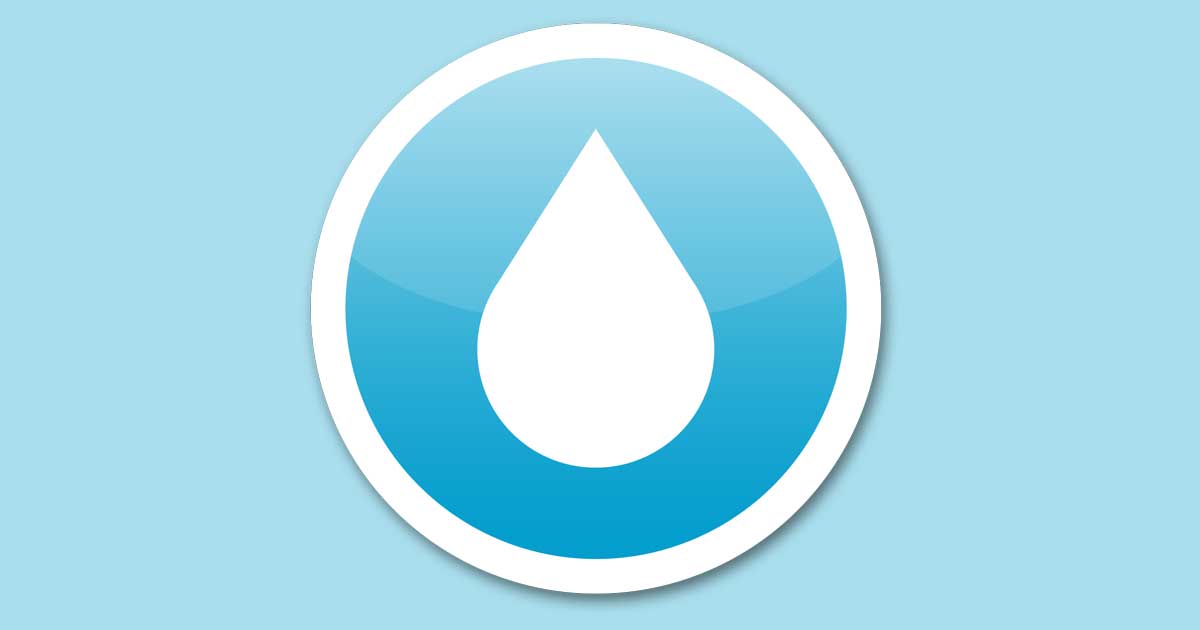Grease in Wastewater Lines
November 09, 2023
Grease build up is one of the primary causes of blocked residential sewer lines. While some of it comes from meat fats, such as bacon and hamburger grease, it also comes from foods such as cooking oil, mayonnaise, butter, sauces and table scraps. Running hot water down the sink does not dissolve the grease; it only pushes the grease a little further down the pipes, where the water cools and grease solidifies. Over time, that grease will build up in the sewer line an create an obstruction that can completely clog pipes.
So what can the homeowners do?
- You can reduce the amount of grease going into your lines by taking a few precautions:
- First of all, NEVER pour hot grease down the kitchen sink. It’s better to keep a grease can in the freezer like your Grandma did. When it gets full, just cover it tightly and dispose of it in the trash.
- Always scrape cooking grease and oils in to a disposal container rather that pouring it down the drain. Remove grease with a paper towel and dispose of it is a waste basket as well.
- Place your food scraps in a trash container instead of running them through the garbage disposal. Disposals may chop the food into bits, but it doesn’t do anything to eliminate the grease. Also scrape plates into the garbage can before washing. Throw coffee grounds in the compost or in the garbage can.
These simple tips will help keep grease from clogging your pipes and preventing a costly wastewater line backup into your home.
